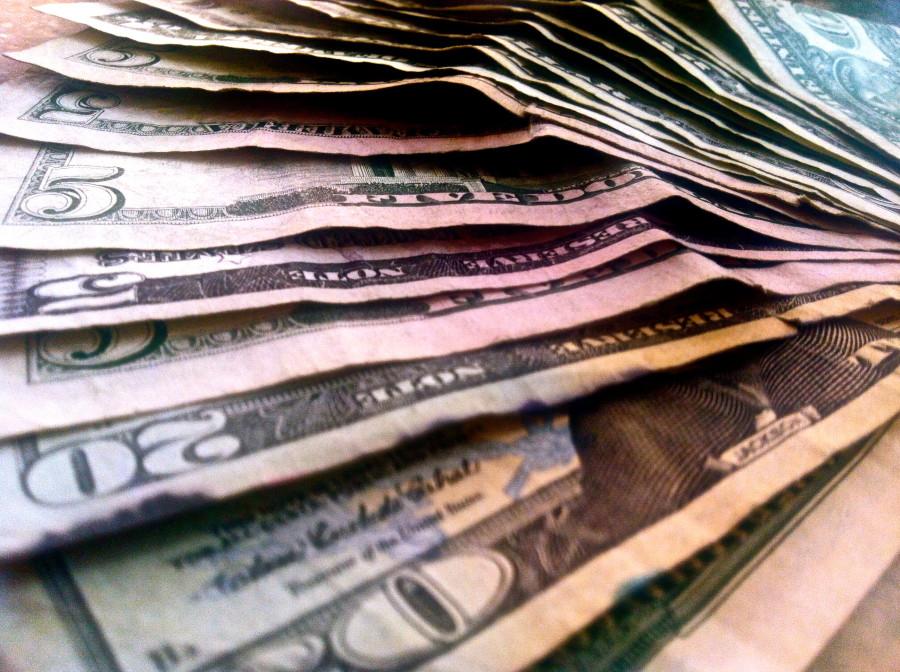- Students need to learn how to budget money so they can pay their expenses while still having some money left over.
As teens, we often have trouble saving the money we work hard for at our part-time jobs; however, the problem often is that we do not know how to budget our money to ensure we have some money left over to put into savings.
All students should know how to budget their money. It is an essential know-how in the real world, and it can teach us how to be responsible by saving instead of spending frivolously. The first step in becoming budget conscious is to know what your monthly income is on average. You can do this by adding the paychecks that you get over two months and then divide them by two.
Next, make a list of all of one’s monthly expenses, such as car insurance, cell phone bills, gas money, and Netflix accounts, and subtract them from the monthly income. Another important expense in one’s budget to consider is how much gas is needed per month.
Gas receipts give the average miles per gallon of one’s car, so you can take that number, multiply it by the gas prices, and then multiply that number by how many times you need to fill up your tank to figure out how much money you are expected to pay on gas on average per month.
After subtracting all expenses, the money left over is the money one has to live on. Although it would be easy to go out and spend the money on clothes or dinner with some friends, one should save as much as possible.
Set aside a set amount of money in cash for entertainment or other on-the-go needs, and put the rest in savings for emergencies. Another incentive to put money into a savings account is college, so you might as well start putting money away now to pay back those student loans.
Some people have difficulty saving money, so here are some tips on how to avoid blowing a whole paycheck on nonessentials.
1. Many people have the “I want it now” mentality. They go out and buy what they want, when they want without thinking of the repercussions of the expensive buys. If you have something expensive on your mind, such as a laptop or an iPod, try to set aside a bit of money from each paycheck to pay for it. Do not simply use one’s bank card, where it draws from a checking account. This could result in one not having enough money to pay for monthly expenses.
2. Make sure you know how much money is in one’s checking account at all times, in case the use of a bank card is necessary. If you don’t know how much money you have, the chance of overdrawing your account is higher.
3. When shopping, only bring cash. Leave your credit/debit cards in a safe place at home or in the car. This will allow one to limit the cash spent.
4. Try to ask yourself “do I need this, or do I just want this?” Try to stay away from these impulse buys! Something you may like in the store you may not like when you get home. If you do not need the item, put it down and walk away. It may be hard, but in the end it’s worth it.
5. Avoid small spending. Small things such as a soda or a candy bar can add up over a month. Occasional buys such as these are okay, but don’t make a habit of it. One could lose a lot of money with purchases you think are “small.”
6. When shopping, do not pay full price! Either look for coupons or go to the clearance racks. If you see something for full price that you fall in love with, just wait it out– it’s bound to go on sale within the next few weeks.
7. If your friends want to do something that’s on the expensive side, but you don’t have the money in your budget to do it, try suggesting a night in. Grab a movie and some snacks. Sometimes simple ideas turn out to be the best ideas.
Sources:









